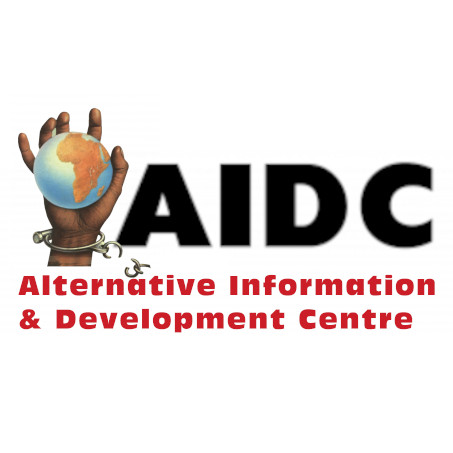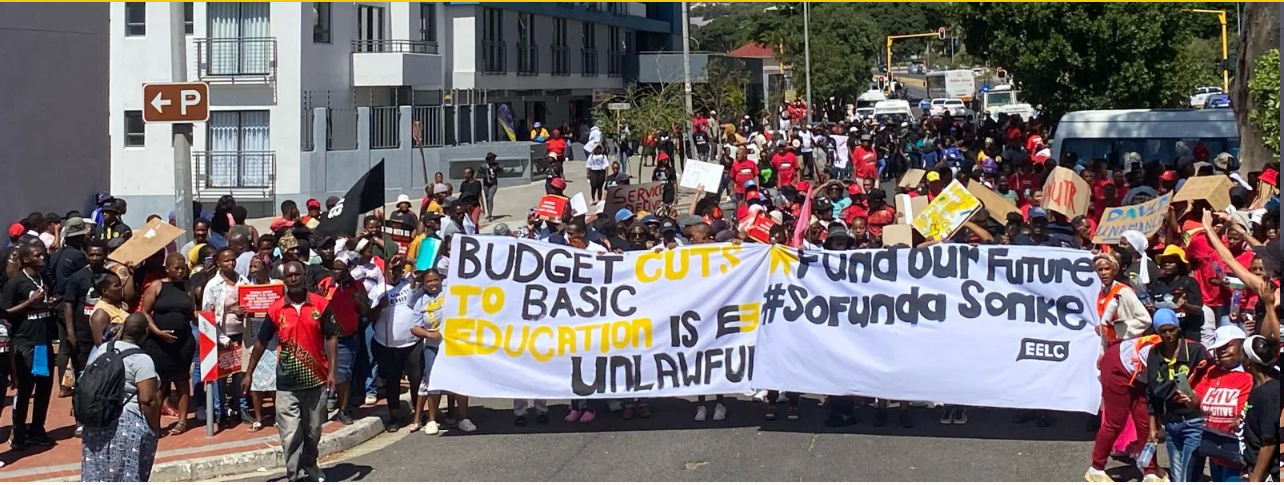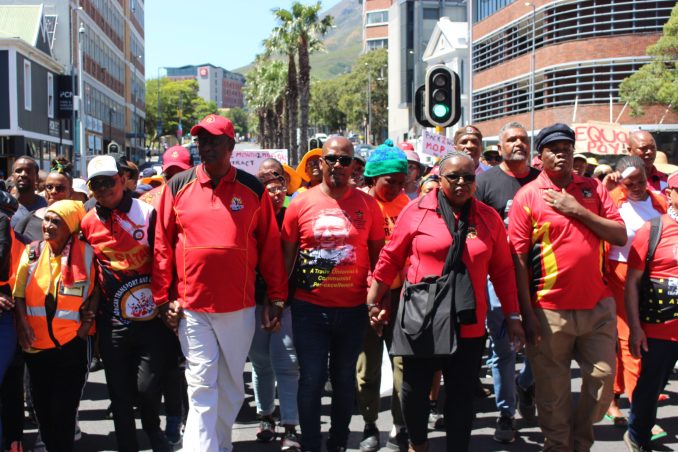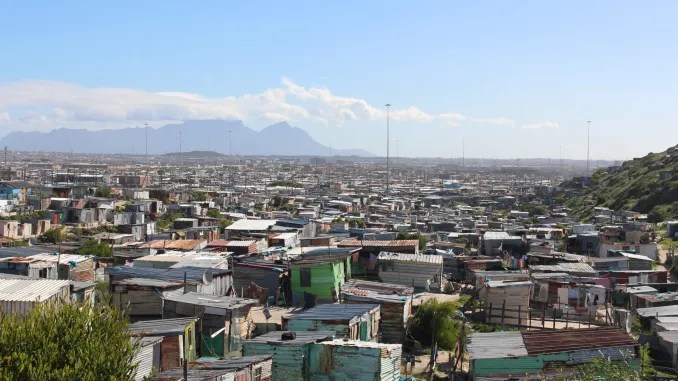▶️ The post AIDC statement on the 2024 Medium-Term Budget Policy Statement (MTBPS) appeared first on AIDC | Alternative Information & Development Centre.
IN SUMMARY IN THE STATEMENT AIDC SAYS:
Government’s Budget Approach
- The National Treasury is pushing for more privatization in South Africa’s economy, which may hurt public services and job creation.
- The Medium-Term Budget Policy Statement (MTBPS) continues with a “business as usual” approach, focused on achieving a budget surplus and lowering debt. This could reduce access to essential services for many South Africans.
Spending Cuts (Austerity)
- Government spending as a share of GDP will be cut from 28.4% to 27.6% over the medium term. Although there is a planned increase of R20.1 billion for non-interest spending over the next three years, this amount is still too low, and key areas like education and social welfare are facing cuts.
- The education sector will lose R4.1 billion in funding between 2024/25 and 2025/26, mainly affecting post-school education.
- Social grants will likely be reduced by R21 billion by 2025/26, which suggests that the Social Relief of Distress (SRD) grant may not be extended or changed into a Basic Income Grant. This means millions of low-income South Africans could lose this critical support, leading to more hunger and poverty.
- Departments like Home Affairs and Agriculture will face cuts of 12% and 4%, respectively, over the next three years, reducing resources for their services.
Gender Impact
- Austerity measures (spending cuts) will hit women especially hard. Women are more likely to work in public sector jobs and rely on income support.
- Although the National Treasury says it supports gender-sensitive budgeting, gender issues are missing from the MTBPS. When public services are cut, women and girls often end up filling the gaps through unpaid care work, which increases their burdens.
Public Sector Wages
- The government suggests public sector workers are overpaid, which limits funds to hire more workers. However, only 3% of public workers earn more than R1 million per year.
- Essential public workers like teachers, healthcare staff, and police need competitive pay and more hiring to deliver effective services. Instead, the government is encouraging early retirements, with R11 billion allocated to fund this, which will reduce the size of the public sector even further.
Debt Management
- Debt reduction is the main reason given for strict spending cuts, yet debt levels have not improved under these measures.
- South Africa’s debt is 74.7% of GDP, but this is manageable since about 90% of it is in local currency, which limits exchange rate risks.
- Economic growth, rather than just cutting debt, is essential for improving finances, as austerity could actually raise the debt-to-GDP ratio by stifling growth.
Increased Privatization
- Policies like Operation Vulindlela promote privatization, especially in water, energy, and transport, to attract private investment.
- Public-private partnerships (PPPs), like the Gautrain project, often make services more expensive for citizens.
- The “Wall Street Consensus” approach shifts investment risks to the government, which increases debt risk and makes services more costly.
Tax Policy
- The Treasury says that high taxes reduce household savings and spending. But keeping the tax-to-GDP ratio below 25% mainly benefits wealthier South Africans.
- Raising taxes on the wealthy, like a proposed wealth tax, could support essential services.
- Underfunding the South African Revenue Service (SARS) limits revenue collection, despite proof that more funding could significantly boost tax recovery.
Global Tax Reform
- Tax evasion by the wealthy and corporations costs the country billions in lost revenue.
- South Africa is encouraged to push for global tax reforms that prevent profit shifting by multinational companies, beyond the OECD’s minimum tax rate.
Fiscal Rules and Democracy
- The Treasury plans to make spending limits legally binding to stabilize debt, which could reduce Parliament’s control over budget decisions.
- Strict spending caps could worsen unemployment and inequality, making it harder to reduce debt as intended.
In summary, AIDC’s poistion is that the current budget policies focus too much on privatization and austerity, which could harm South Africa by increasing poverty and inequality rather than promoting sustainable growth and job creation.
For comment contact:
- Dominic Brown on 081 309 4973 or dominic@aidc.org.za
- Aliya Chikte on 082 695 5659 or aliya@aidc.org.za
- Jaco Oelofsen on 084 376 9019 or jaco@aidc.org.za






